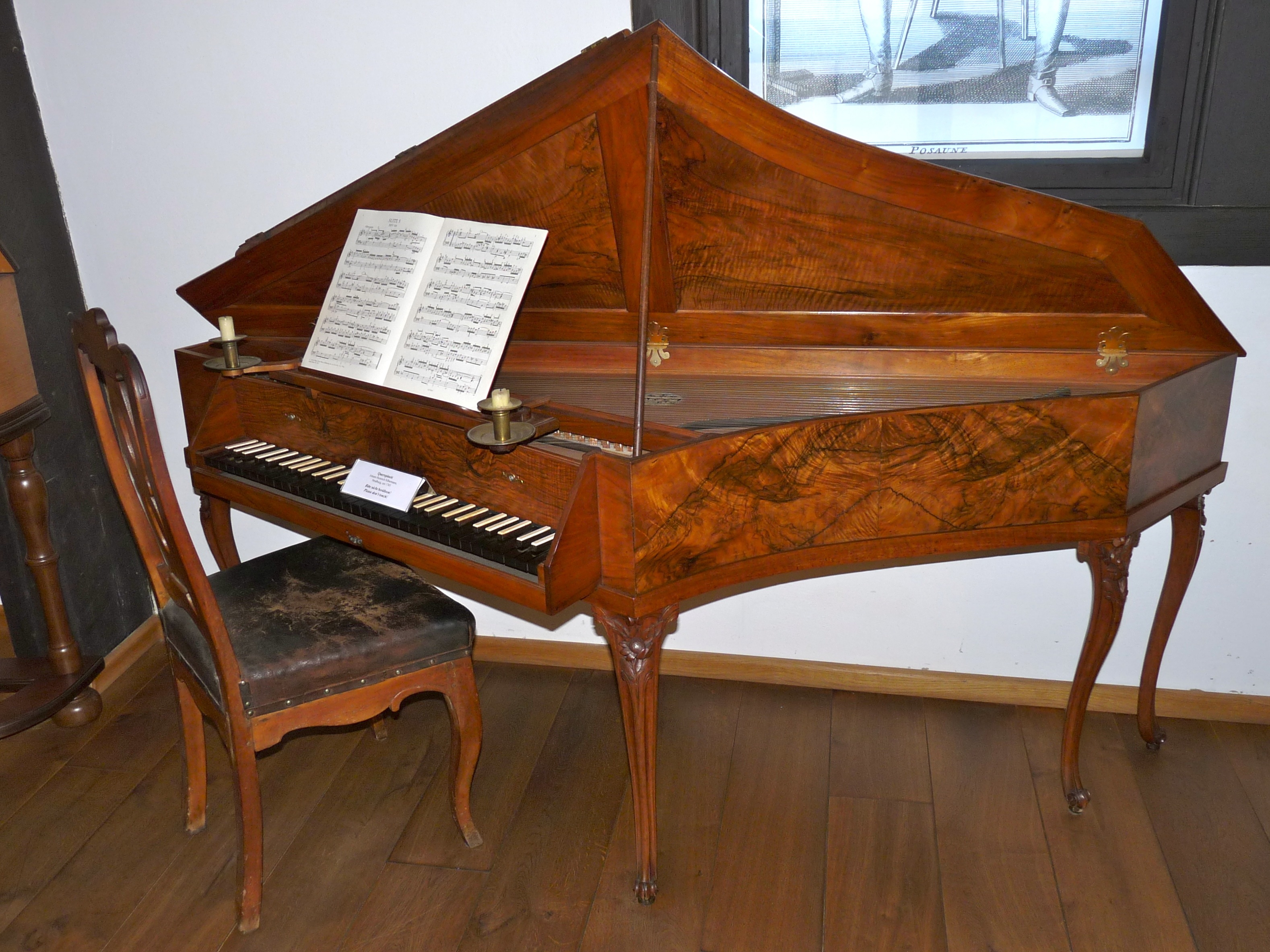Bookmatching on:
[Wikipedia]
[Google]
[Amazon]


 Bookmatching is the practice of matching two (or more) wood or stone surfaces, so that two adjoining surfaces mirror each other, giving the impression of an opened book.
Bookmatching is the practice of matching two (or more) wood or stone surfaces, so that two adjoining surfaces mirror each other, giving the impression of an opened book.


 Bookmatching is the practice of matching two (or more) wood or stone surfaces, so that two adjoining surfaces mirror each other, giving the impression of an opened book.
Bookmatching is the practice of matching two (or more) wood or stone surfaces, so that two adjoining surfaces mirror each other, giving the impression of an opened book.
Overview
As applied to wood, bookmatching is usually done with veneer (produced in one of several ways), but can also be done with solid wood. The technique is used to beautify a variety of objects such as furniture,violin
The violin, sometimes referred to as a fiddle, is a wooden chordophone, and is the smallest, and thus highest-pitched instrument (soprano) in regular use in the violin family. Smaller violin-type instruments exist, including the violino picc ...
s, guitar
The guitar is a stringed musical instrument that is usually fretted (with Fretless guitar, some exceptions) and typically has six or Twelve-string guitar, twelve strings. It is usually held flat against the player's body and played by strumming ...
s or the interior of high-luxury cars. The two adjoining surfaces are produced from the same piece of wood, so that they have (almost) exactly the same appearance, but mirrored. The final effect varies with the figure of the wood chosen and can range from extremely subtle (so that the two surfaces almost appear to be a single piece of wood), to dramatic effects with wavy grain showcased, as in high-end guitars.
Bookmatching is also possible with marble
Marble is a metamorphic rock consisting of carbonate minerals (most commonly calcite (CaCO3) or Dolomite (mineral), dolomite (CaMg(CO3)2) that have recrystallized under the influence of heat and pressure. It has a crystalline texture, and is ty ...
or other patterned stone.
See also
*Luthier
A luthier ( ; ) is a craftsperson who builds or repairs string instruments.
Etymology
The word ' is originally French and comes from ''luth'', the French word for "lute". The term was originally used for makers of lutes, but it came to be ...
* For another keyboard instrument adorned with bookmatched veneer, see Conrad Graf.
References
Woodworking Stonemasonry {{woodworking-stub